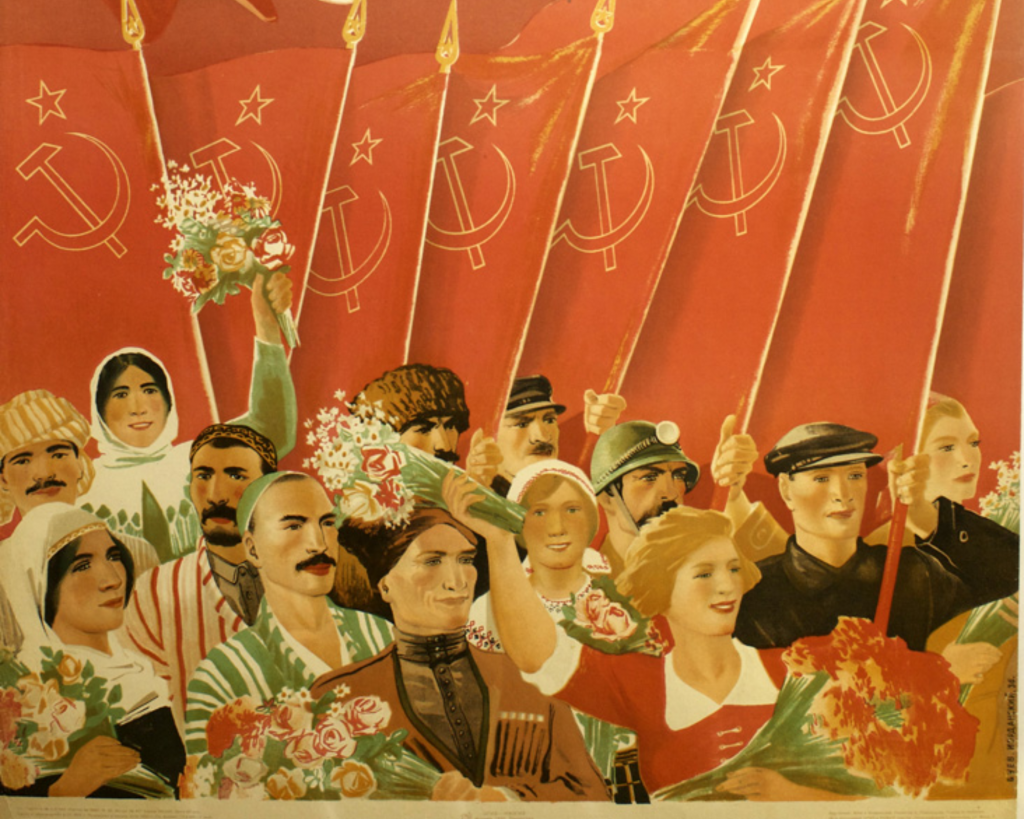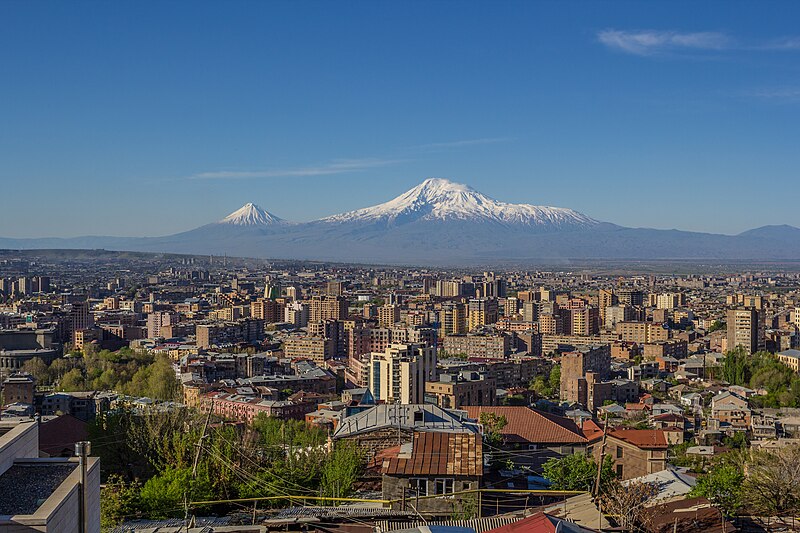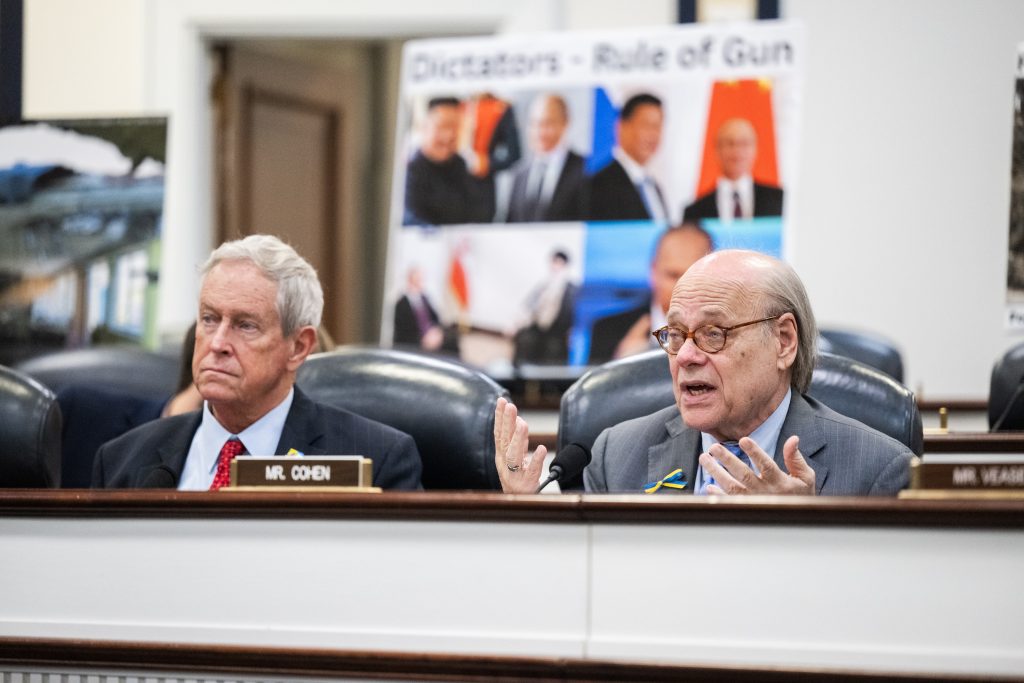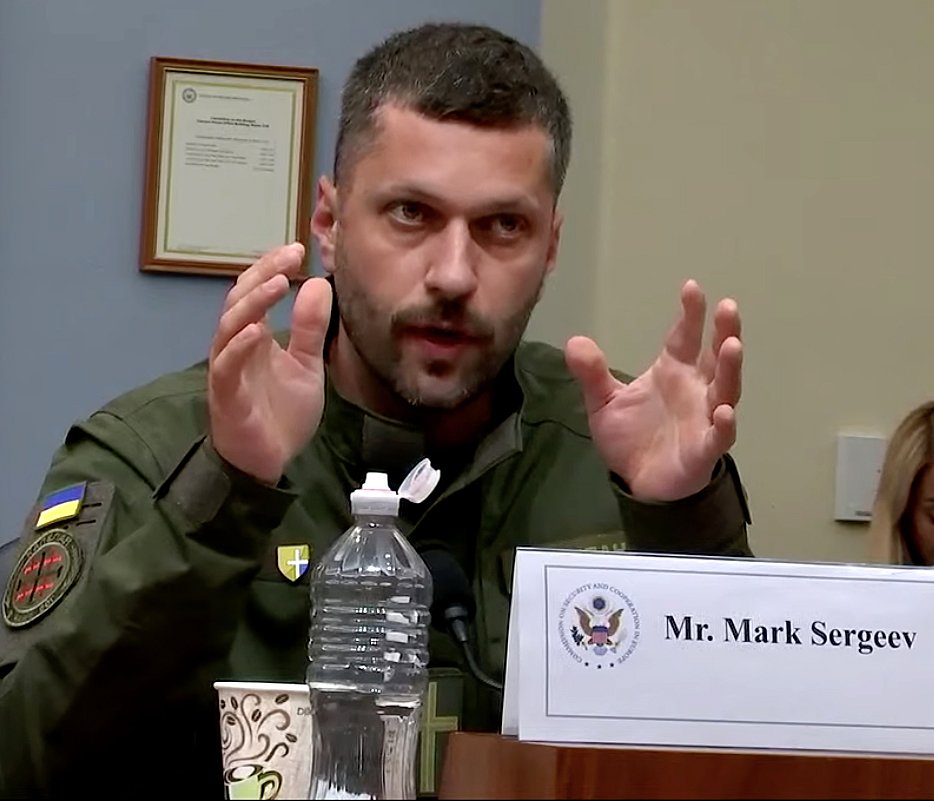Cannon House Office Building, Room 210
Since the outset of Russia’s genocidal invasion of Ukraine, the United States and NATO have sought to avoid direct confrontation with Russia by conditioning Ukraine’s use of military aid, including severely restricting their use of long-range weapons inside of Russia. However, Russia is already engaged in a shadow war against the democratic world, using assassinations, election interference, and sabotage to destabilize NATO and undermine the security and values of the transatlantic alliance.
The escalation of these actions is particularly alarming, with Kremlin-directed operations targeting critical energy infrastructure and defense industries across NATO countries. In addition, Russia has shown a growing willingness to engage in military provocations within NATO borders, including violations of airspace and aggressive exercises near Estonia. The Russian government is operating on a war footing and is not structured for good faith diplomatic engagement.
This hearing will examine the scope of Russia’s hybrid warfare tactics, their impact on NATO’s security, and explore strategies to effectively counter these threats.
The following witnesses are scheduled to testify:
- Mr. Erkki Tori, National Security Advisor to the Prime Minister of Estonia
- Dr. Benjamin L. Schmitt, Senior Fellow, Department of Physics and Astronomy and Kleinman Center for Energy Policy, University of Pennsylvania
- Mr. Michael Weiss, Investigative Journalist & Author








